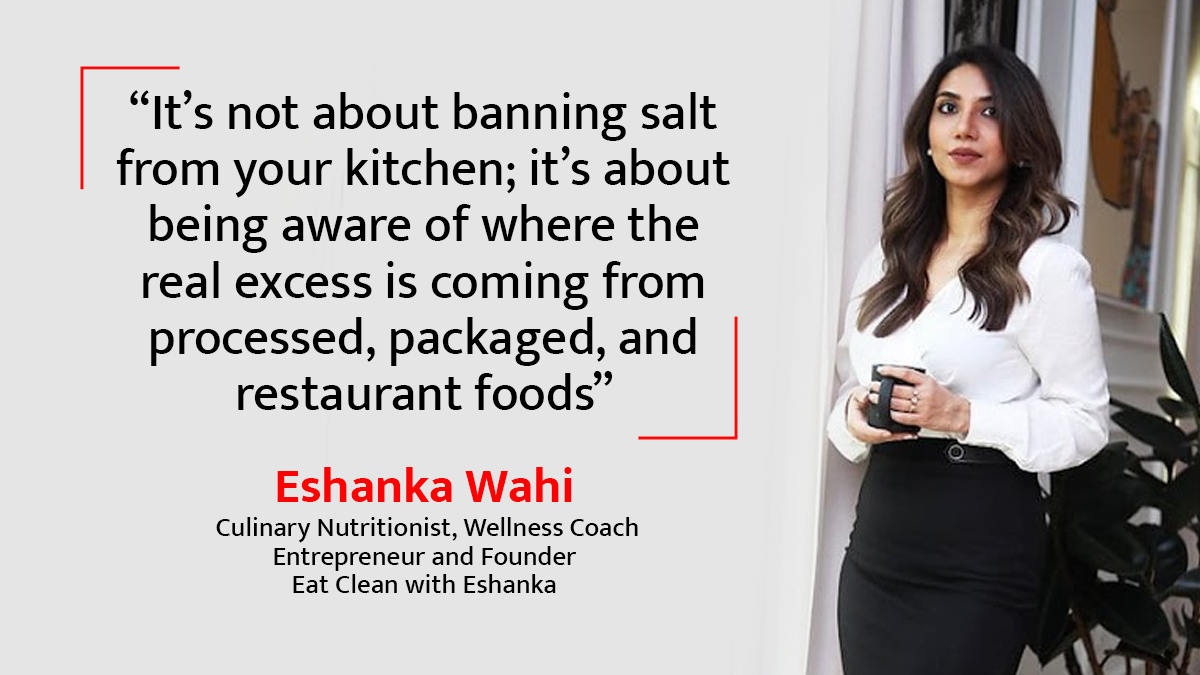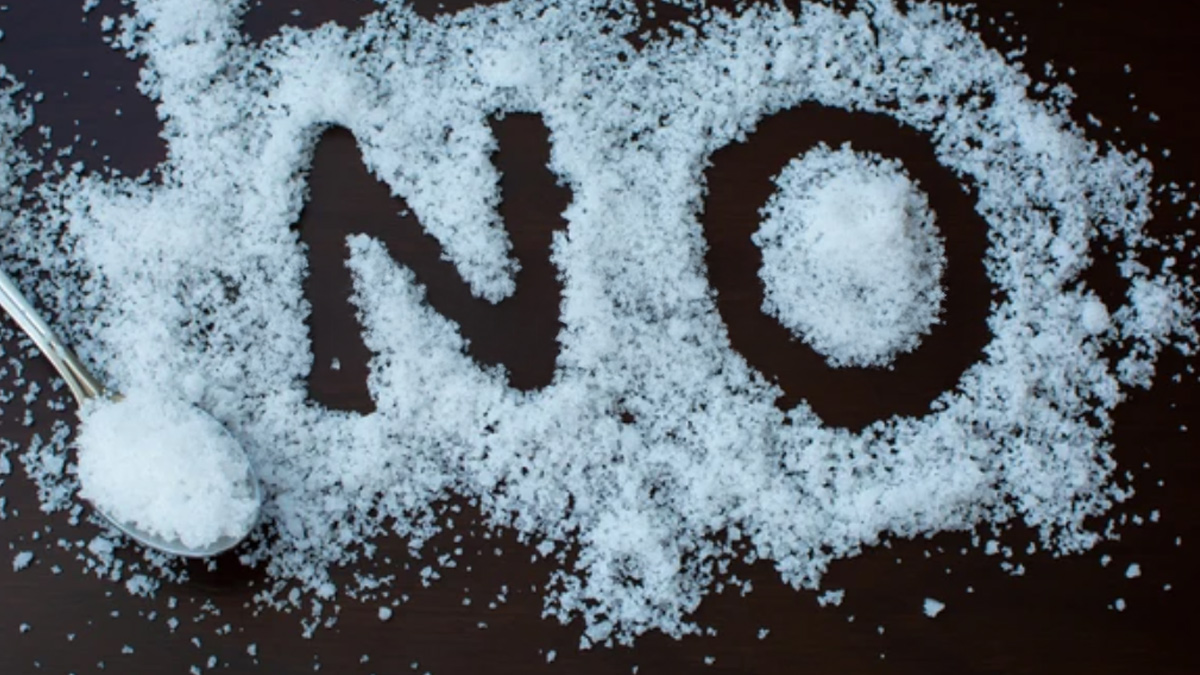The Salty Truth: Expert Explains Why Men Need To Watch Their Sodium Intake After 40
Expert
Your body’s ability to buffer and eliminate excess sodium weakens with age. What didn’t impact you at 30 can easily spike your blood pressure at 45.

“Men around the age of 40 undergo various physiological changes, such as a rise in blood pressure, decline in kidney efficiency, decrease in muscle mass, and changes in water balance. These changes increase vulnerability to hypertension, cardiovascular disease, and kidney disorders, all of which are worsened by high sodium intake,” said Wahi.
According to the New England Journal of Medicine, researchers examined urine sodium levels in more than 100,000 people across 18 countries on five continents. It was found that higher sodium intake was linked to considerably increased blood pressure compared to individuals with lower consumption levels.
Your body’s ability to buffer and eliminate excess sodium weakens with age. What didn’t impact you at 30 can easily spike your blood pressure at 45.
Top Stories

Sodium plays a crucial role in nerve function and fluid regulation, but overconsumption can cause a rise in blood pressure, an increased risk of heart strokes and attacks, and kidney strains, explained Wahi. According to a 2014 study, added salt, or sodium chloride, is a primary source of sodium in diets, consisting of 40% sodium and 60% chloride by weight.
It’s not about banning salt from your kitchen; it’s about being aware of where the real excess is coming from processed, packaged, and restaurant foods. The American Heart Association suggests limiting daily sodium intake to 2,300 milligrams, with an ideal goal of 1,500 milligrams for most adults, particularly those with high blood pressure. Reducing sodium by 1,000 milligrams daily can significantly improve blood pressure and heart health.
Reducing sodium intake can help maintain healthy blood pressure and overall well-being. Here are some easy ways to lower sodium in your diet:

- Water helps flush out the excess sodium and keeps optimal kidney function. Drinking enough water is essential for overall health, and it can also help reduce sodium levels in the body.
- Switch to low-sodium alternatives instead of soy sauce, ketchup, and salad dressings, as they contain excess salt. Look for low-sodium versions of your favourite condiments, or try making your own using fresh ingredients. This simple switch can make a big difference in your sodium intake.
Salt plays a crucial role, but moderation is key, especially after 40. Always keep sodium intake in control for healthier blood pressure, stronger heart function, and more energy. Making mindful swaps, such as using lemon zest instead of salt or skipping processed sauces, can be both a culinary win and a health boost.
[ This article contains information provided by an expert and is for informational purposes only. Hence, we advise you to consult your professional if you are dealing with any health issue to avoid complications.]












